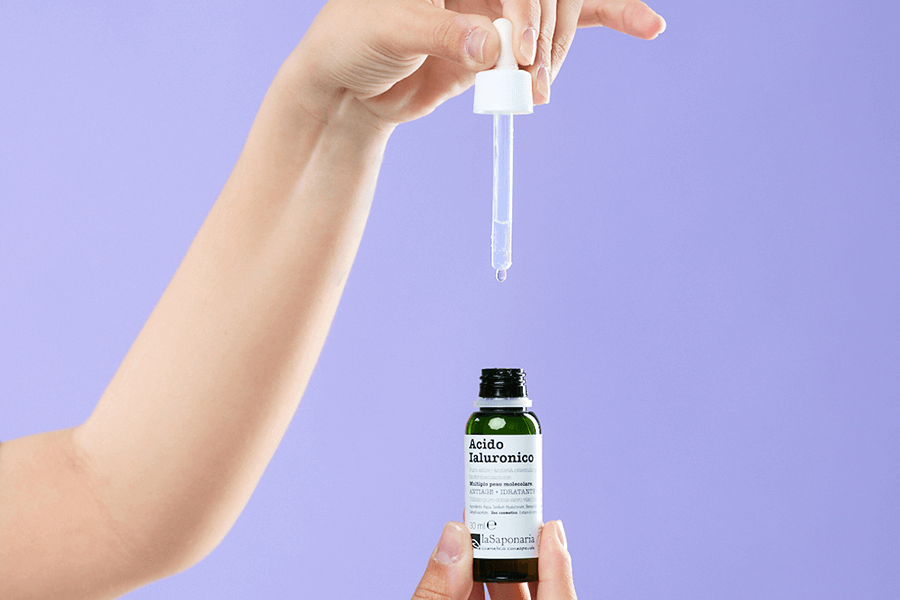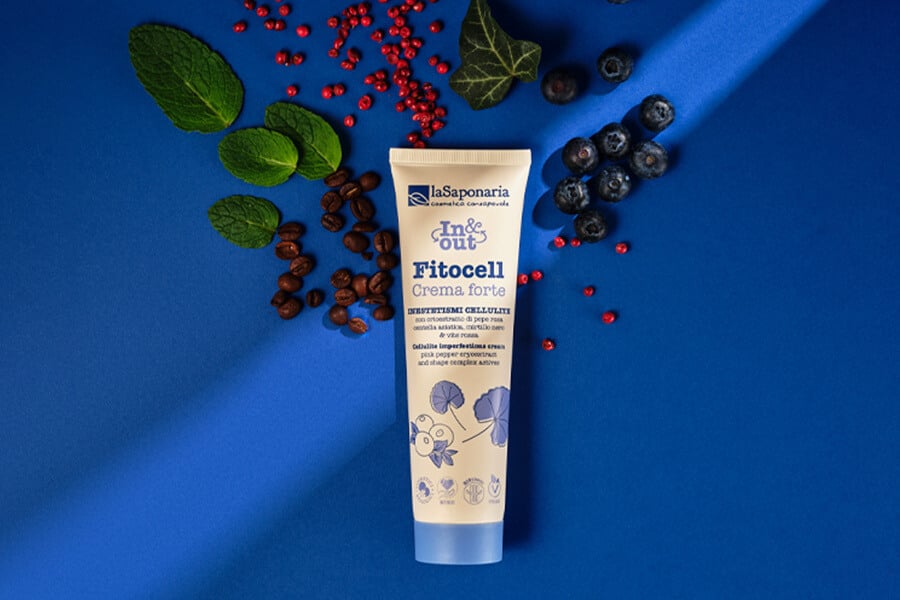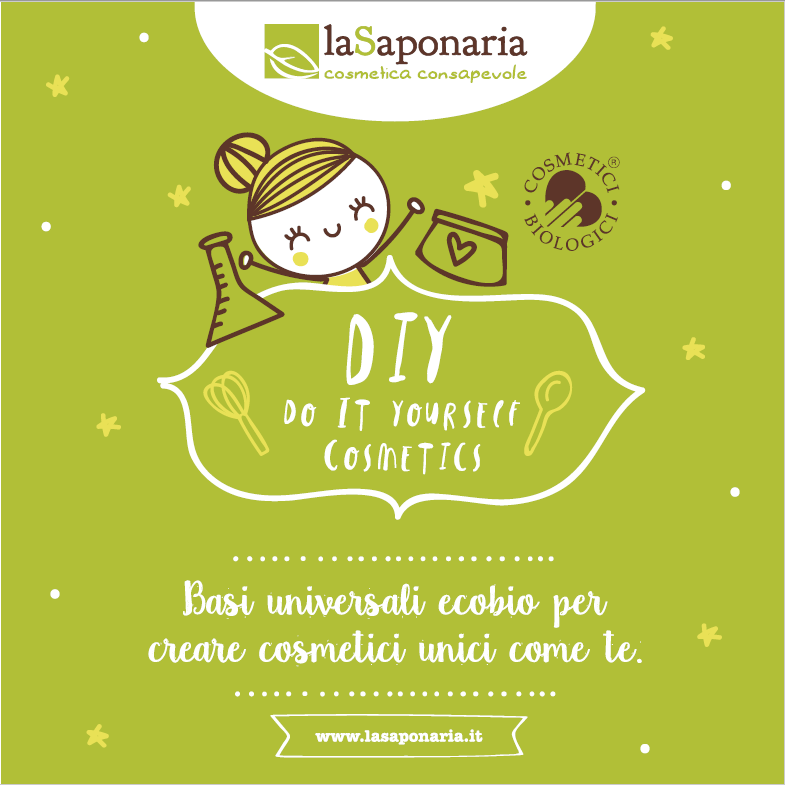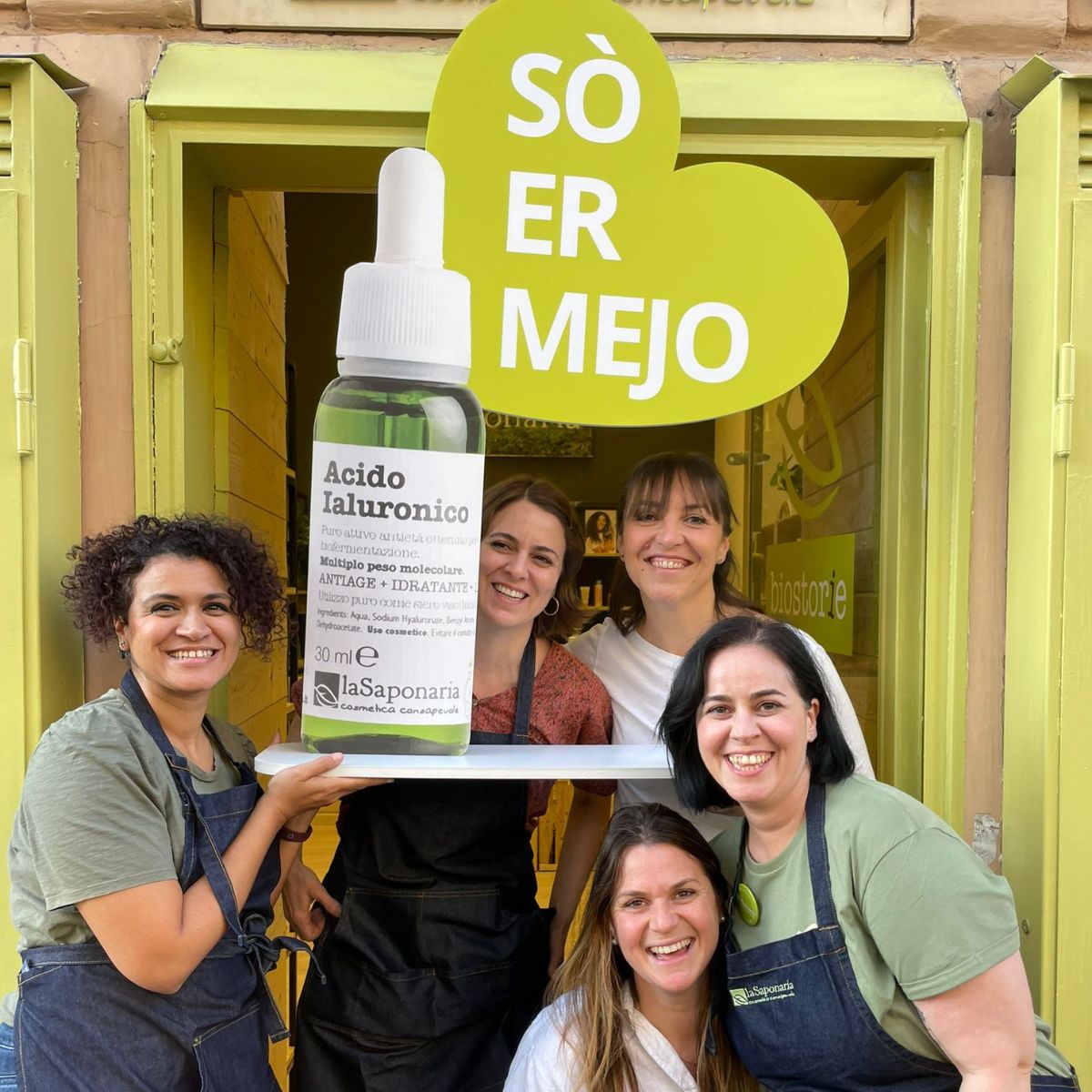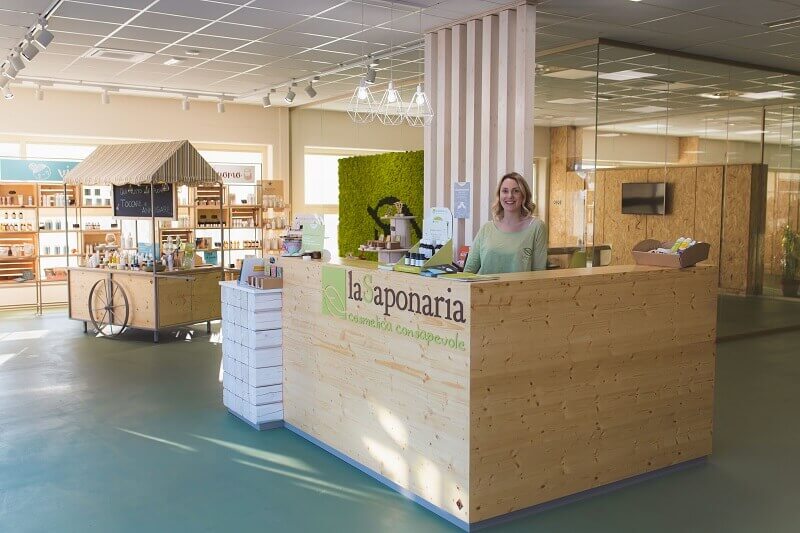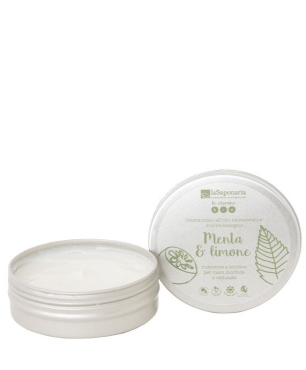- Call us! +390721 911004
- Write a message
- Whatsapp +39 377 3844777
- Become a reseller
- Test and E-book
- Location and contacts
-
MenuBack
-
Organic cosmetics
-
-
space
-
-
-
-
-
-
-
Discover your routine
-
-
Skin care
-
Hair care
-
Body Care
- Best sellers
- Routines
-
DIY
-
-
space
-
-
-
-
-
-
PRODUCTION TOOLS
-
-
DOWNLOAD THE RECIPES
-
-
-
Organic library
-
-
BEAUTYBLOG
-
-
-
GLOSSARY
-
-
-
DO-IT-YOURSELF RECIPES
-
-
-
TEST AND E-BOOK
-
-
About us
-
-
space
-
-
-
-
-
PHILOSOPHY
-
-
-
NATURAL COSMETICS
-
-
-
FLAGSHIP STORES
-
-
-
Sustainability
-
-
space
-
-
-
BENEFIT COMPANY
-
-
-
ETHICAL CHAIN
-
-
-
SUSTAINABLE PACKAGING
-
-
-
SUSTAINABILITY IN THE COMPANY
-
-
-
Supported projects
-
NOTICES AND AWARDS
-
-
-
Business Area
-
-
space
-
-
-
OPEN A FLAG SHIP STORE
-
-
-
BECOME A RESELLER
-
-
-
PRIVATE LABEL
-
ACCOMMODATION FACILITIES
-
-
-
RESELLERS LOGIN
-
-
-
Resellers
-
-
RESELLERS RESOURCES
-
-
-
OPEN A FLAGSHIP STORE
-
ACCOMMODATION FACILITIES
-
PROMOTIONAL MATERIAL
-
-
-
RESELLERS NEWS
-
REGISTER YOUR SHOP
-
-
-
BODY CARE LINE 2025
-
-
-
CHRISTMAS GIFT
-
-
- Store locator
Crespa Spicata Mint

INCI NAME:
Mentha Spicata Herb Oil, Mentha Viridis Leaf Oil
ORIGIN:
Vegetal
FUNCTION:
Refreshing, calming, decongestant, antiseptic, perfume
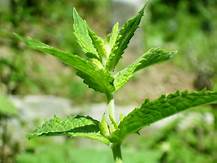
This is an automatic translation
Crespa Mint, also known as Spearmint, is a perennial rhizomatous herbaceous plant, one meter high and characterized by lanceolate leaves with serrated edges. The pink-purple flowers are carried by long spikes and are located at the apex of the stems. Very widespread spontaneously and it is the one that can be found more frequently in the countryside and more rarely in the mountains.
The scientific name of this plant is Mentha Spicata or Mentha Viridis.
The diffusion of the fragrance is indicated against stress, anxiety, agitation and nervousness, as it acts as a relaxant and promotes a state of calm and desire for rest.
In Ayurvedic medicine, it has been used to help treat digestive conditions, skin problems, and migraines. Historical background shows that it was used extensively in ancient Greece, added to baths to help treat sexually transmitted diseases.
In cosmetics it can be found in different forms: an example is the essential oil of Menta Spicata (Mentha Spicata Herb Oil, Mentha Viridis Leaf Oil). It appears as a light yellow liquid with green reflections and is obtained by steam distillation of the leaves and flowers of the plant. The main components of this oil are Alpha Pinene, Beta Pinene and Carvone. Peppermint oil has properties similar to those of Peppermint, but has a sweeter and lighter fragrance than the latter. It has refreshing, aromatic and antiseptic properties. It is a fragrance contained in many fragrances used to make cosmetic products of all kinds more pleasant. Added to shampoos, it purifies the scalp and is also an excellent adjuvant in the treatment of dandruff.
Fair trade supply chain
The officinal herbs that we use for our products come from Phalada, an Indian company in Bangalore active in the promotion of organic farming and in the marketing of related products from numerous small agricultural producers (about 1400 for a total territory of 10,000 acres in all India), specialized in the cultivation of spices, herbs, medicinal and aromatic herbs, and coffee.
All these small farmers receive organic certification after a long training course conducted by the company itself, focused on organic cultivation techniques but also on marketing and business management. This guarantees small farmers a secure source of income and allows them to free themselves from dependence on chemicals (fertilizers and pesticides) which are often very expensive, all following a single principle: maintaining an ethics that guarantees respect for both humans. than of nature. Phalada ensures that farmers receive fair compensation for the product sold and conducts regular inspections to ensure that the entire production chain, from seed to final packaging, is compatible with the holistic approach supported by the company.
Phalada also promotes cultural and social projects such as the one aimed at spreading the use of Ayurvedic medicine or literacy in rural areas. Phalada runs an Ayurvedic clinic and herb processing laboratory and a college for the training of doctors and social workers. Since 2006, it has also financed an elementary school in a rural location inserted in the social and productive context of herb and spice growers. Phalada, with a part of the proceeds from the sale, supports the salary of teachers and promotes specific training relating to the cultivation and use of medicinal herbs.

